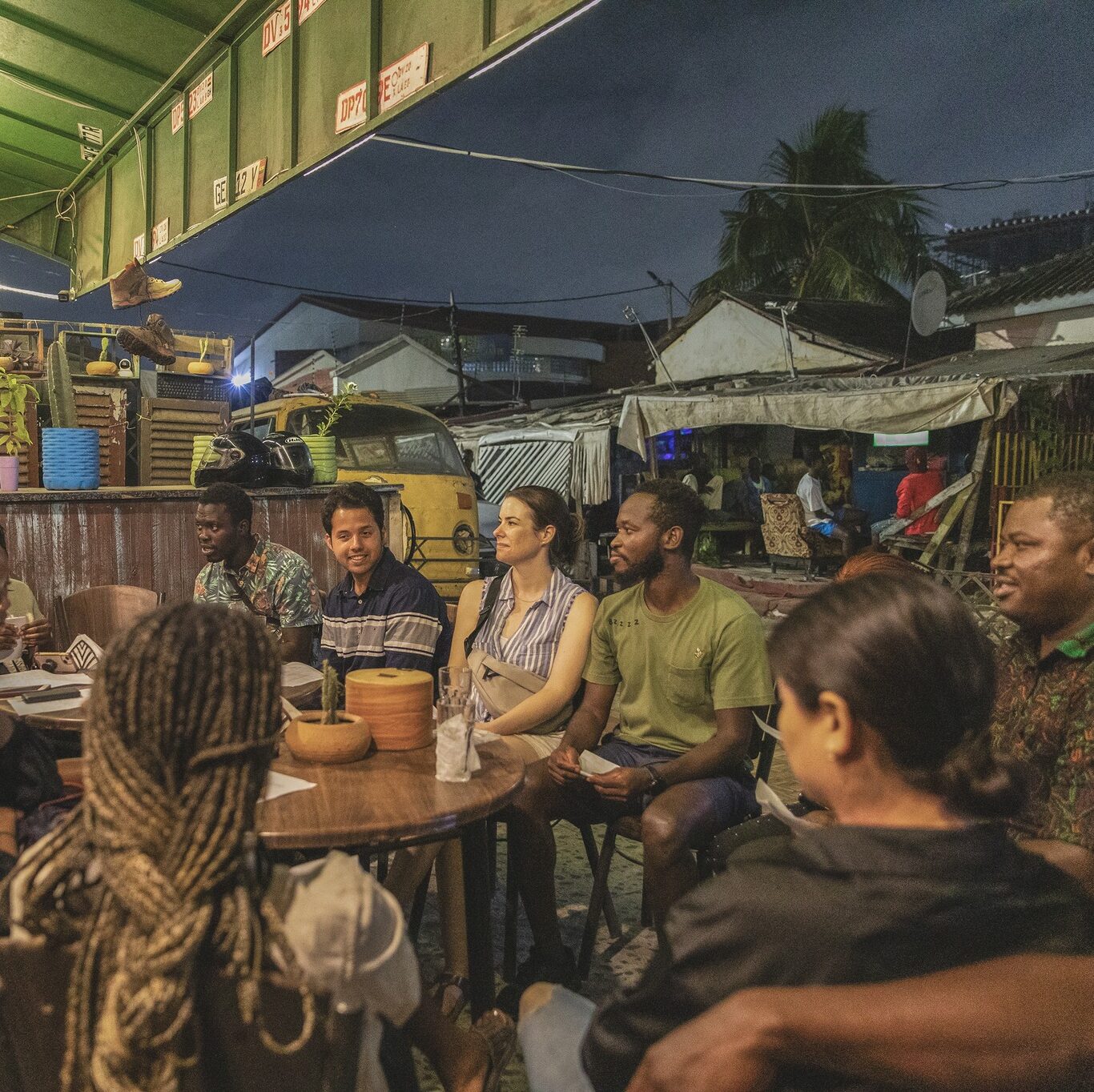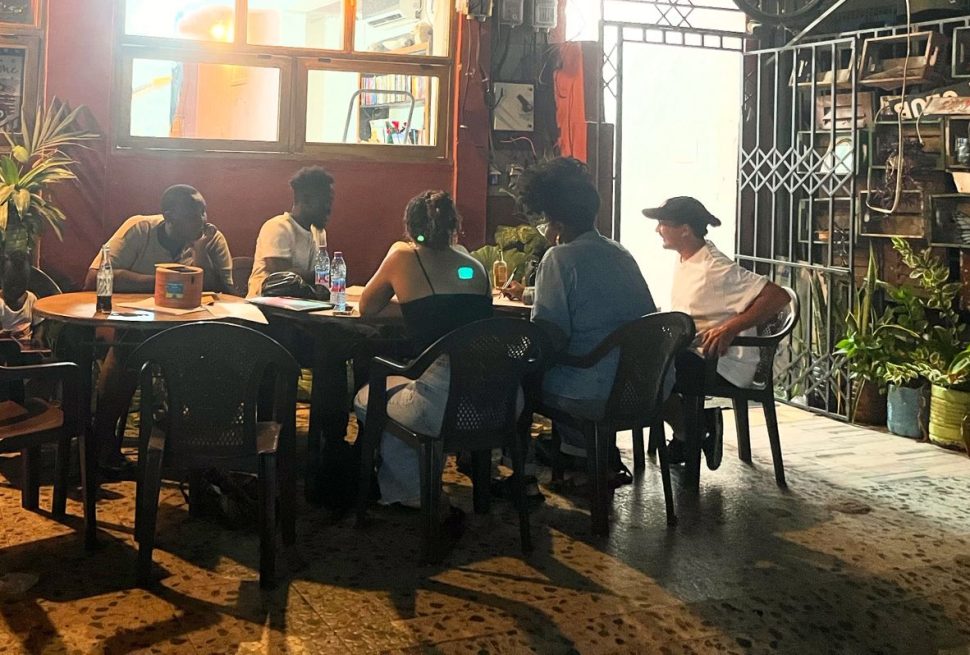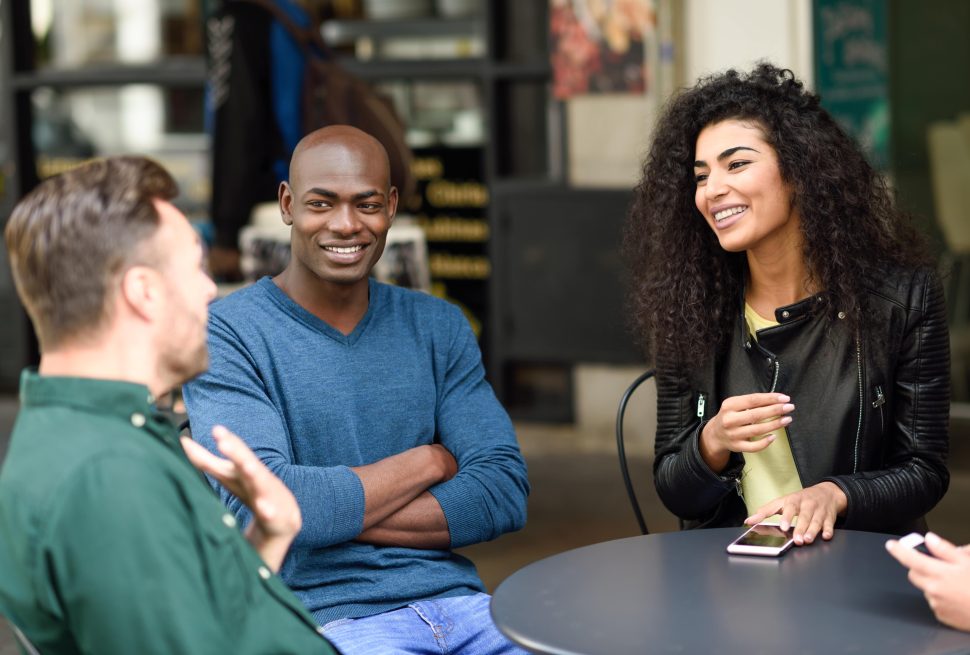When you spend time in (some parts of) Ghana, you’ll quickly notice how often you hear the word “akwaaba”, welcome. It’s more than a greeting; it’s a reflection of how open and friendly people are. Yet while English is the official language and not everywhere in Ghana Twi is the main language, learning even a little Twi can completely change how you experience daily life here.
Twi is one of Ghana’s most widely spoken local languages, used in homes, markets, on trotro rides, and in friendly conversations on the street. You don’t need to become fluent to make an impression. Knowing a few basic words and phrases can turn interactions from distant to warm within seconds. Saying “medaase” (thank you) or “ɛte sɛn?” (how are you?) often brings out a smile or a surprised laugh. It shows respect, curiosity, and a willingness to connect beyond the surface.
Language shapes relationships, and in Ghana, relationships are everything. Whether you’re working, studying, volunteering, or traveling, understanding a bit of Twi helps you build genuine connections. It opens doors to experiences you might otherwise miss. The story behind a dish at a local chop bar, a friendly negotiation at the market, or a spontaneous invitation to a family event.
Learning Twi also gives insight into Ghanaian culture and values. Words and expressions reveal how people think and what matters to them. For example, the common greeting “wo ho te sɛn?” literally means “how is your body?”. A sign of how deeply wellbeing and community care are woven into daily conversation. Understanding such expressions helps you move through life here with more awareness and appreciation.
On a practical level, it simply makes life easier. Knowing how to ask for directions, buy food, or greet elders politely saves time and builds confidence. It helps you navigate spaces where English isn’t the main language and makes locals more likely to help or engage with you.
At Language Café Accra, our Twi Café sessions make learning approachable and fun. Each week focuses on a real-life theme, from market day to trotro life, so you learn words and phrases you can actually use. It’s not about grammar drills, but about confidence: understanding the rhythm of conversation, how to respond naturally, and how to interact respectfully.
Most importantly, learning Twi connects you to Ghana on a human level. It reminds you that language is not just communication. It’s community. Even if you only master a few phrases, you’ll notice how differently people respond. You stop being just a visitor and start becoming part of the flow of daily life.
So next time you hear someone say “akwaaba,” try replying in Twi. A small effort can lead to a big exchange, and perhaps even a friendship.
Join us on Fridays in Osu for Twi Café or check out our Language Weekends on the Instagram page.




